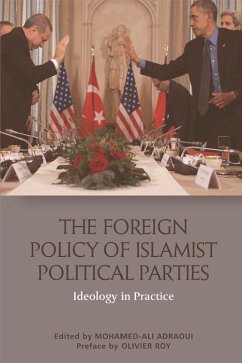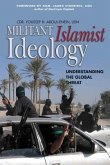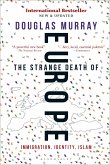Asks how representatives of Political Islam are conducting themselves in the field of international politics Does political Islam have a specific vision of global politics? How has the foreign policy of Islamist forces developed in order to impose their ideas onto the diplomatic agenda of other countries? How do these actors perceive the world, international affairs and the way in which Islamic countries should engage with the international system? Eager to break with the dominant grammar of international relations, and instead to fuse Muslim states in a unique religious and political entity, Muslim actors have had to face up to the realities that they had promised to transform. Drawing on a series of case studies, this collective work sheds light on six national trajectories of Islamism: in Morocco (the Party of Justice and Development); Tunisia (Ennhada); Egypt (the Muslim Brotherhood); Palestine (Hamas); Lebanon (Hizbullah); and Turkey (AKP). It looks at what has been produced by the representatives of political Islam in each case, and the way these representatives have put their words and their ideological aspirations into action within their foreign policies. Key Features - Includes a preface by Olivier Roy - The first up-to-date, detailed analysis of how Islamist forces in the Middle East try to redefine the relationships of power within the international system post-2010 - Looks at how Islamist ideology has evolved in the face of reality (for example opening up to democratic principles or co-operating with non-Muslim states) - Analyses the ways in which political Islam's actors put their ideology into practice with regard to foreign policy and international relations Mohamed-Ali Adraoui is a Political Scientist working on contemporary International Relations. Currently a Marie Sklodowska Curie Fellow at the Georgetown University School of Foreign Service and a Visiting Scholar at the Harvard Weatherhead Center for International Affairs, his ongoing research deals with US foreign policy towards Islamism. Cover image: Recep Tayyip Erdogan and Barack Obama, Paris, 2015 (c) Jim Watson/AFP/Getty Images Cover design: [EUP logo] edinburghuniversitypress.com ISBN 978-1-4744-2664-0 [PPC] Barcode
Hinweis: Dieser Artikel kann nur an eine deutsche Lieferadresse ausgeliefert werden.
Hinweis: Dieser Artikel kann nur an eine deutsche Lieferadresse ausgeliefert werden.








